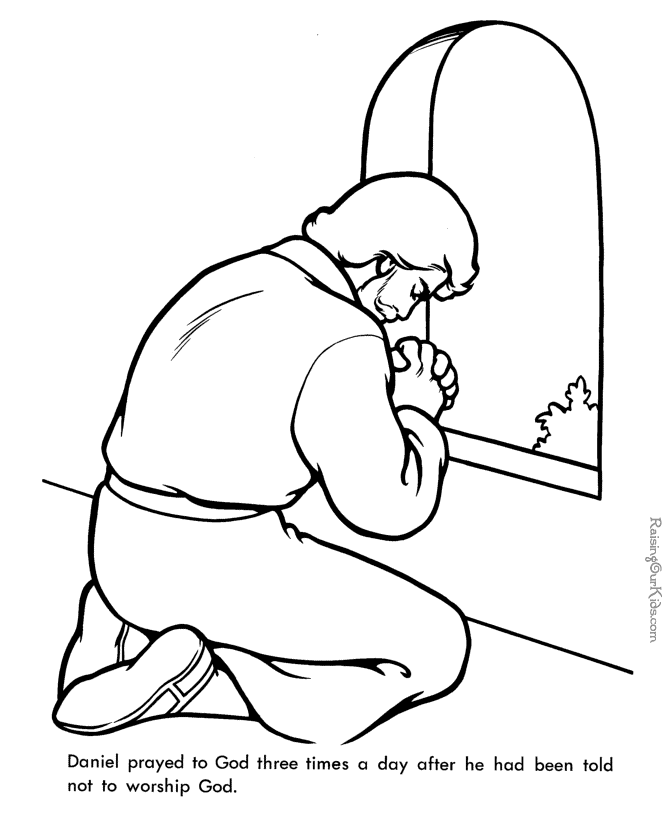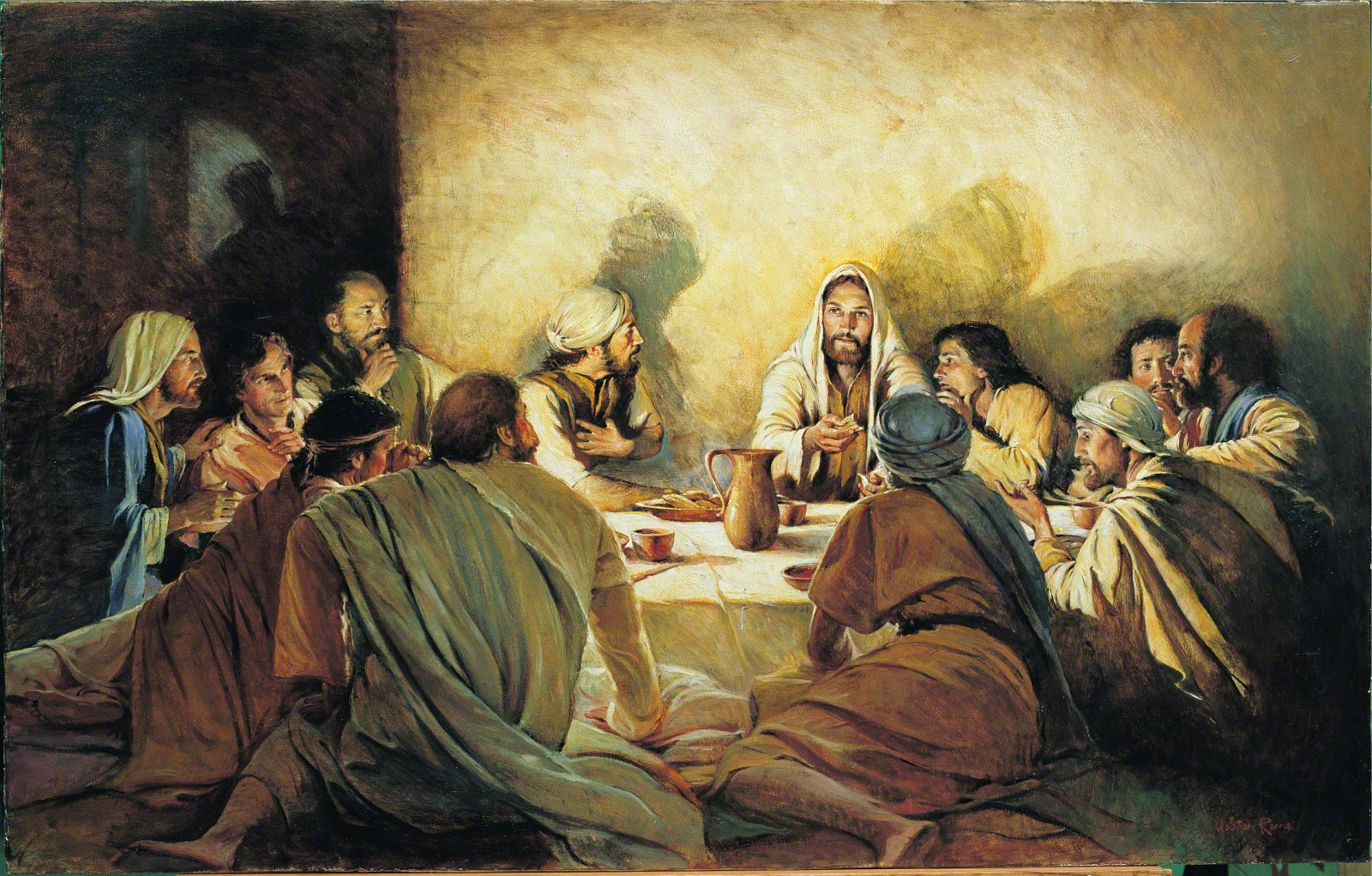Thought: Four matters are indisputable to Latter-day Saints: (1) The Savior will return to the earth in power and great glory to reign personally during a millennium of righteousness and peace. (2) At the time of His coming there will be a destruction of the wicked and a resurrection of the righteous. (3) No one knows the time of His coming, but (4) the faithful are taught to study the signs of it and to be prepared for it. (Dallin H. Oaks)
Object Lesson:
Show your family a picture of the parable of the Ten Virgins and ask them to tell you what they can about the parable. Have available several pitchers (some with water and some without.) Talk about the things that add oil to our lamps and take turns filling pitchers. Then talk about things that can remove oil from our lamps and take water out. Use this to illustrate to your family how easily the oil can be lost as well as gained.
Video:
Lesson Activity: Have your family create two columns on a sheet of paper and label the columns “Parable of Ten Virgins” and “Second Coming” and individually consider the comparisons the Savior was making. Invite them to write components of the parable in the first column, such as wise virgins, Bridegroom, and oil, and write in the second column what these things represent about the Second Coming. If they need help, share with them “The Parable of the Ten Virgins” (Ensign, Mar. 2009, 48–49; or Liahona, Mar. 2009, 20–21). Discuss together what they learned and what they are inspired to do after studying this parable. (Come, Follow Me)
This Week's Challenge: As a family come up with some family goals and individual goals of things to accomplish or work on in the new year. Encourage your family to have the goals primarily focus on those things that will "fill their lamps."












